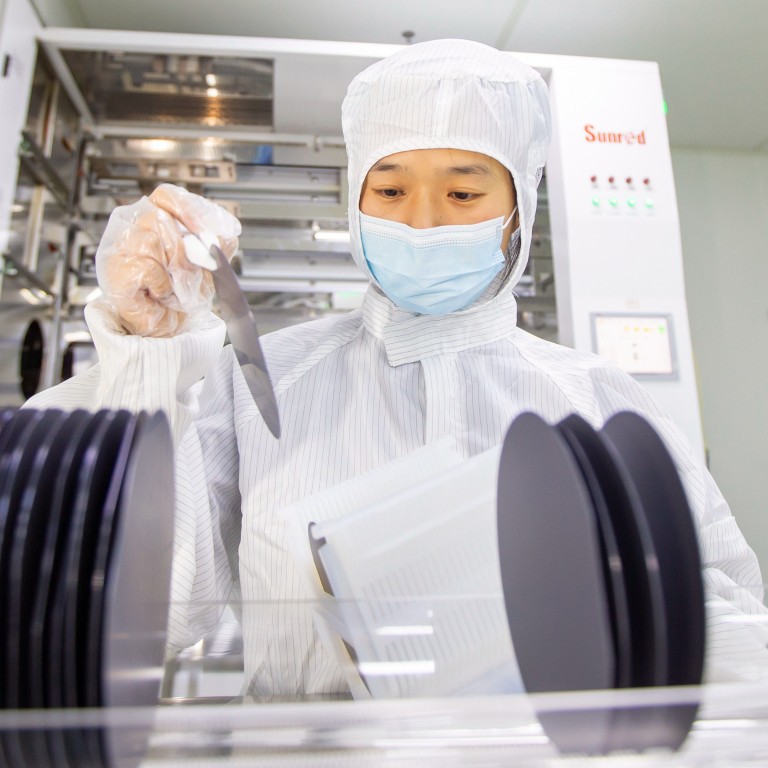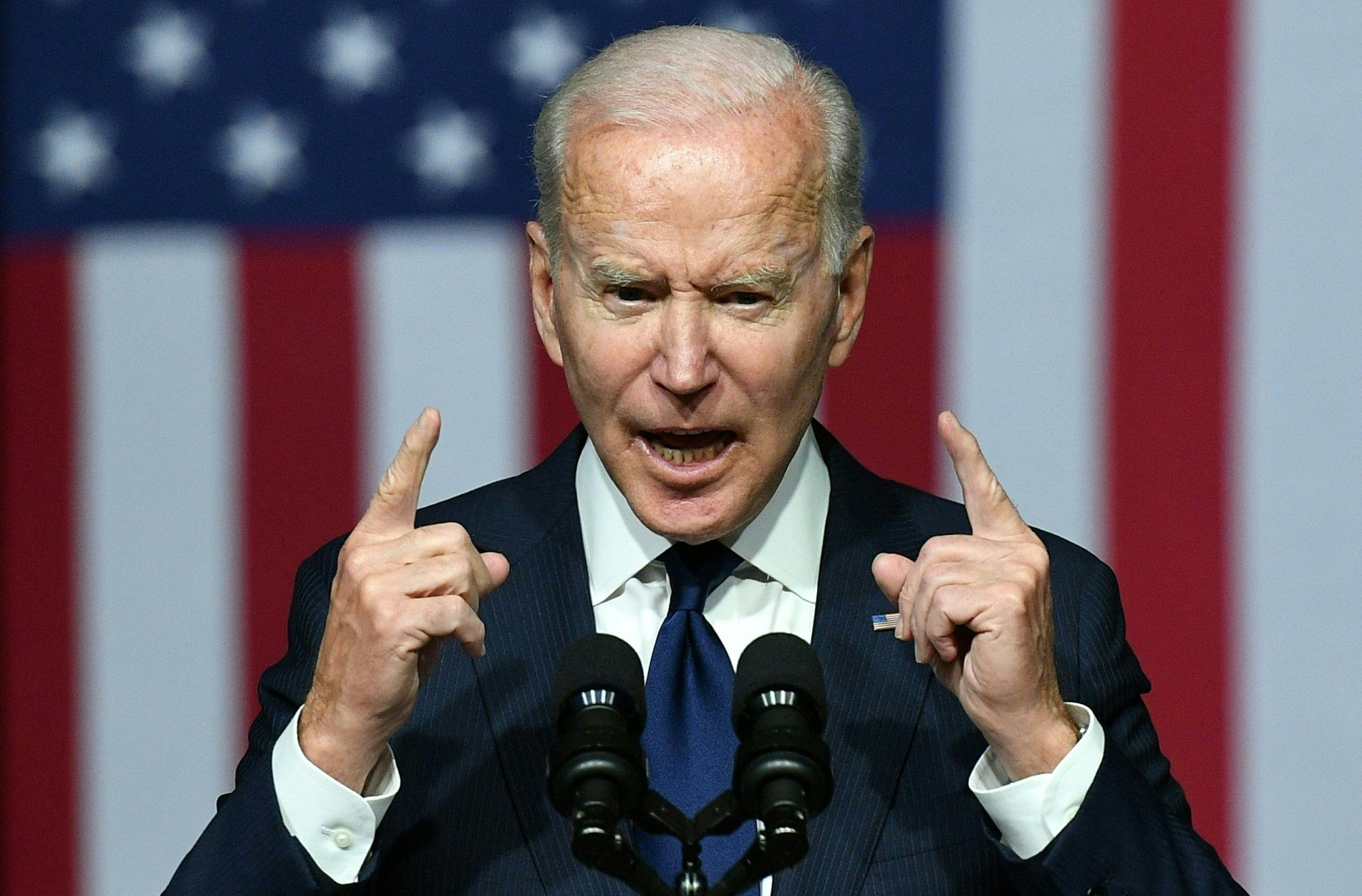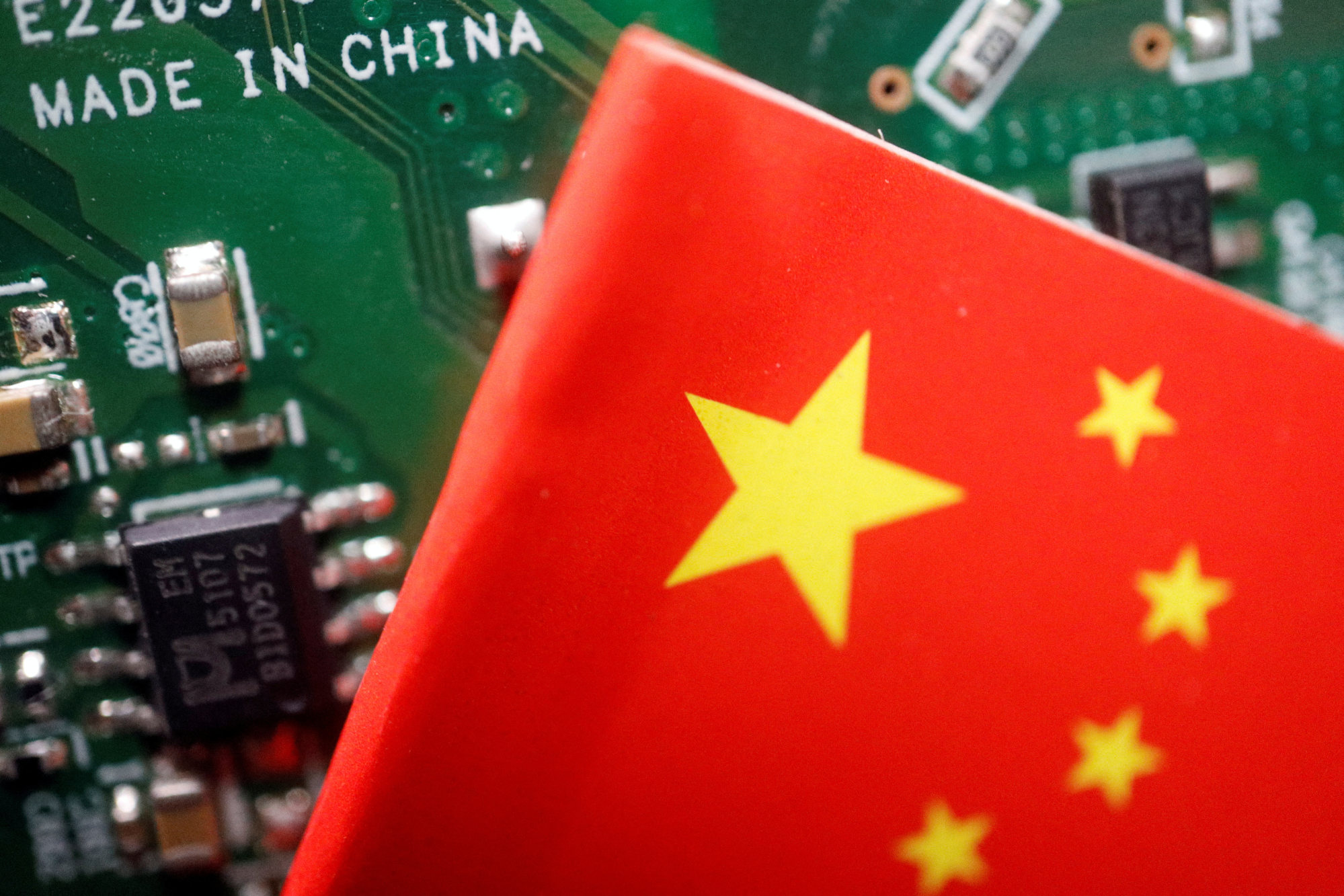
‘We won’t feel intimidated’: Chinese scientists see limited impact from US hi-tech investment ban
- Joe Biden’s executive order to block US dollars from flowing to sensitive technologies seen as having ‘more political significance’
- Tech industry said to be less reliant on American funds in recent years and some in China see the restrictions as an opportunity
A US ban on investment in certain sensitive technologies in China will have a limited impact since these areas have become less reliant on American funds in recent years, according to Chinese scientists.
Rapid advancement by “countries of concern” in these areas “significantly enhances their ability to conduct activities that threaten the national security of the United States”, according to the order.

It also claims the countries are exploiting or have the ability to exploit certain US outbound investments, including certain intangible benefits to help companies succeed.
China, along with its special administrative regions of Hong Kong and Macau, was the only country of concern noted in the emergency declaration.
Li Zhimin, deputy president of the ministry-affiliated National Centre for Science and Technology Evaluation, said the restrictions had “more political significance”, noting that the US had long been wary of Chinese advances in these sectors.
3 barriers to China’s hi-tech self-sufficiency quest – and 1 potential pay-off
The US Treasury Department said it was considering a ban on investments in Chinese electronic design automation software or semiconductor manufacturing equipment; the design, fabrication or packaging of advanced integrated circuits; and the installation or sale of supercomputers.
American investments in Chinese quantum computers, certain quantum sensors, and quantum networking and communication systems could also be banned.
US Treasury is also considering introducing notification requirements for US investments in Chinese entities working on software that incorporates an AI system and could have military or intelligence applications.
China’s tech industry has long been a destination for US venture capital, but it has slowed dramatically as geopolitical tensions increased.
“Previously, [the US] had some investments in the semiconductor industry but that has stopped,” Li said. “Investing in the fields of quantum technology or artificial intelligence ceased four or five years ago.”
“Chinese firms in this field do not rely on foreign investment so the new restrictions from the US will have little influence on us,” said Wang Chao, general manager of XT Quantech, which is based in Shanghai and uses the technology to provide information security solutions.
He also said semiconductors and AI in China had become less reliant on US investment in recent years.

As Beijing directs more funding into science and technology to meet its goal of self-reliance, some see the latest restrictions as an opportunity.
“China will continue to advance its technologies and is firmly supporting home-grown alternatives, so the withdrawal of US capital is a chance for us to step in,” said one investor in Shanghai focused on Chinese hi-tech firms.
Li from the ministry-affiliated centre also said the order could motivate Chinese scientists and that could “give a boost to these industries”. But he said those working overseas who had planned to return to China may now reassess their options.
According to Zeng Liaoyuan, from the University of Electronic Science and Technology of China in Chengdu, universities and research institutes are prepared for the restrictions.
“We won’t feel intimidated or devastated,” said Zeng, an associate professor of information and communication engineering. “We will continue to find ways to enhance China’s technological strength in these areas.”
China funds new ‘chiplet’ tech research projects to advance semiconductor goals
But the tech rivalry between the two powers has had an impact in China. The quantum physicist said it was a pity that scientists found themselves in what he called a “lose-lose” situation, and that his start-up had been unable to source essential components from the US in recent years.
Sourcing parts has also been a problem for other Chinese companies. One researcher gave the example of Origin Quantum, a major Chinese player in quantum technologies.
“Origin Quantum used to say it should be able to build a quantum computer with hundreds of qubits,” said the researcher, who does not work for the company, referring to the basic units of information. “So far it has only built a computer with more than 70 qubits.”



